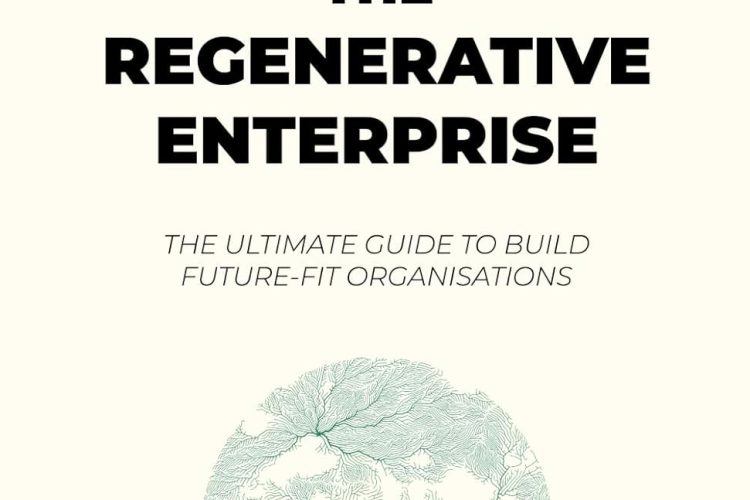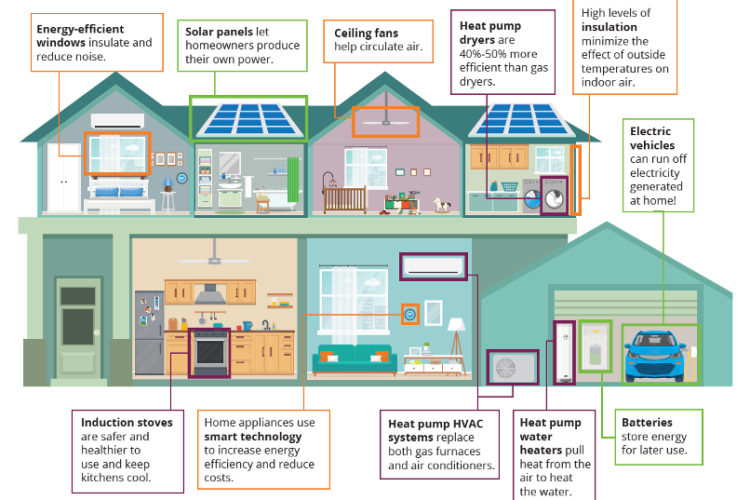QEW Minute on Nuclear Power

Approved by the Steering Committee of Quaker Earthcare Witness in session, October 14, 2007, Burlington, Vermont.
Quaker Earthcare Witness cannot support nuclear power as part of the solution to harmful climate change.
As Friends, our peace testimony has long led us to witness against nuclear power because of its connection to nuclear war. Our deep caring for all creation leads us to affirm that witness, even in the face of growing calls for an expansion of nuclear power.

Based on everything we know about the current state of nuclear technology and our understanding of its impact and risks for people and the earth, we are strongly opposed—for moral, spiritual, and practical reasons—to current efforts to increase nuclear power. Additionally, we are strongly opposed to subsidies for funding new nuclear power plants, including proposed loan guarantees such as those in energy bills currently being considered by the U.S. Congress.
While nuclear power produces no greenhouse gases during electricity generation, in fact, significant amounts of greenhouse gases are emitted when the complete cycle of nuclear power—from mining, milling, enrichment of uranium, transportation of nuclear fuel, and removal and guarding of nuclear wastes, as well as the construction of nuclear power plants—is considered.

Nuclear power is extremely expensive when all costs, including subsidies, are included. We believe that funds proposed for more nuclear power plants would be far more effective in reducing greenhouse gas emissions if used for energy efficiency, conservation, and renewable power.
Nuclear power is closely linked to the war machine in many countries. The cumulative effects of radioactive waste from nuclear power will be lethal, carcinogenic, and mutagenic to humans and all species for hundreds of thousands of years. Finally, given nuclear power’s unique destructiveness, the risk of just one catastrophic accident anywhere in the world renders nuclear power unacceptable.

QEW also affirms that providing more energy to support unconstrained economic growth is neither inevitable nor desirable.
We accept the responsibility of working for all socially responsible and environmentally sound solutions to global climate change, including phasing-out the use of oil, coal, and gas; and increasing energy efficiency, energy conservation; and renewable sources of energy. We accept the responsibility for using less energy in all that we do and for working to make a reduction of energy use a goal for society at large.
(Jack Bradin, SEYM, wishes to be recorded as standing aside.)



